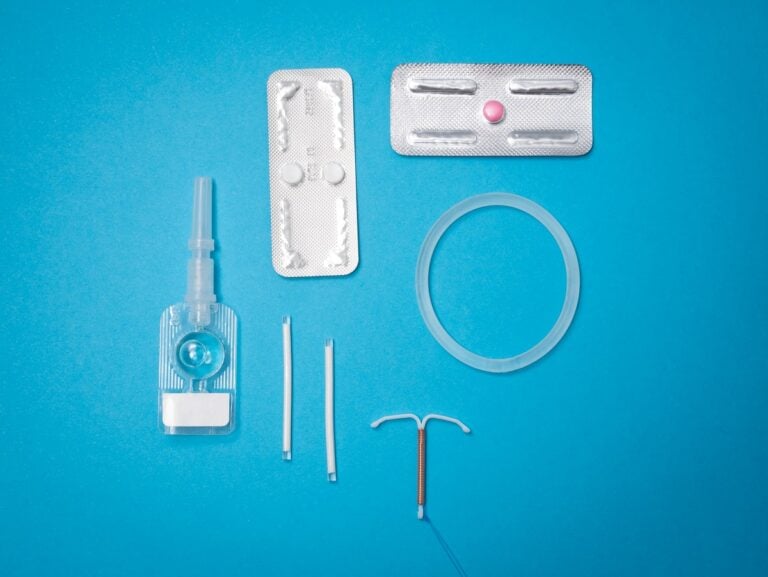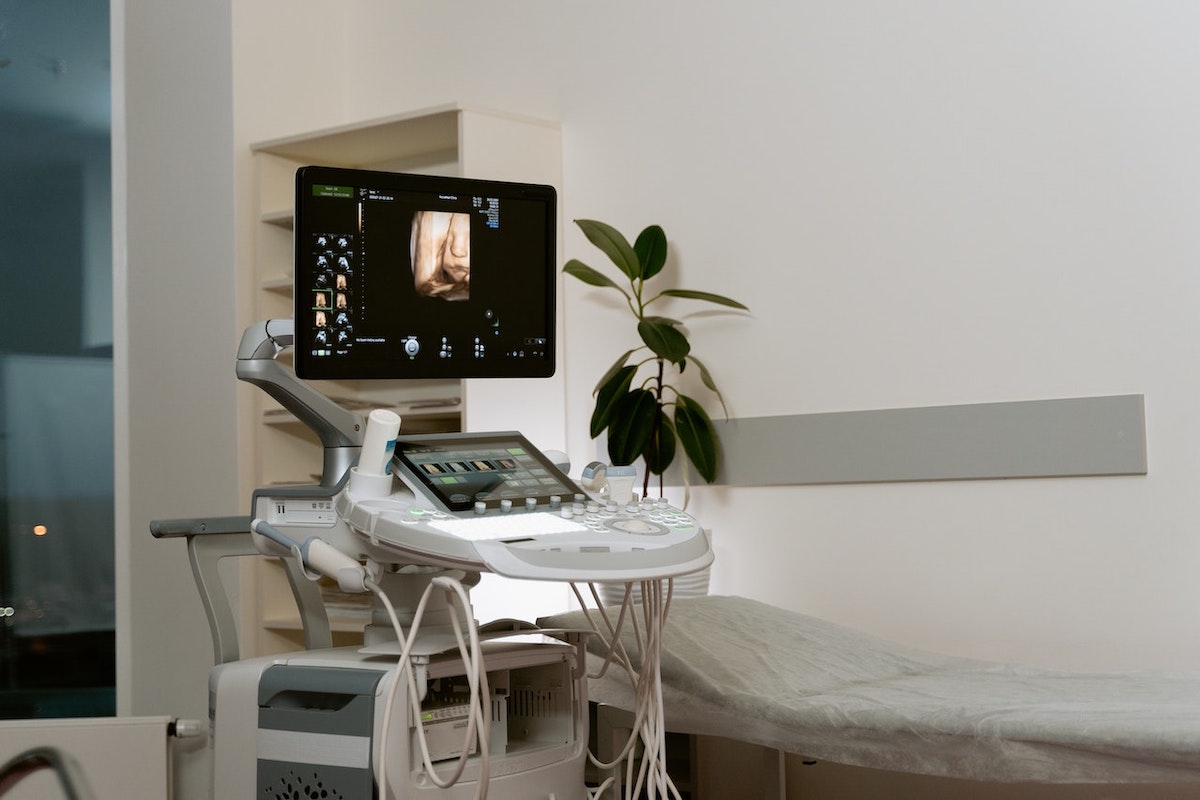
A trip to the OB-GYN is never a super-fun experience. But visiting a gynecologist in a foreign country can be a whole new level of awkward!
If you are nervous or unsure, let this guide help your gyno appointment in Japan go as smoothly as possible!
Do Gynecologists in Japan speak English?
Yes. And No. Mostly no. All doctors in Japan are required to learn basic English and English medical terms while in training. However, after qualifying, they might not need to use English very often. Those skills may be forgotten over time. Particularly in more rural areas of Japan.
Speaking very basic Japanese, I managed to make an appointment at my nearest Women’s Heath clinic by myself. But it was a struggle of photo translate apps to complete forms, and voice translation devices with reception staff. Also, my gynecologist was clearly not happy communicating in English. And no one wants an angry doctor inspecting their most private parts!

If you would like to avoid this, I highly recommend finding an English-speaking gynecologist:
Where to find English-speaking gynecologists in Tokyo:
- Toho Women’s Clinic – Koto-ku, Tokyo
- Akasaka-Mitsuke Miyazaki Clinic – Minato-ku, Tokyo
- Sanno Hospital – Akasaka, Tokyo
- Tokyo Medical and Surgical Clinic – Minato-ku, Tokyo
Differences in ‘modesty’ measures
Every country has different ways to protect one’s privacy. In UK OB-GYN medical exams, you have only a strip of paper laid over your parts. It seems a little redundant, considering your doctor will be doing a thorough examination anyway. But I guess it’s an attempt to make you feel more comfortable.
In Japan, nurses will ask you to wear a rather fetching pair of crotchless trousers. Mine were pink. Again, it seems pointless to cover your legs when your doctor will be viewing your vagina in all its shining glory. But again, its an attempt.
Additionally, a curtain will be drawn across the top half of your body. I presume this is so neither patient nor doctor can look each other in the eye during the exam. Personally, I find this a bit unsettling. If your gynecologist speaks English, they will clearly explain the procedure to you as it happens. If there is a communication barrier, you might be a little surprised when that cold speculum makes its entrance!
The advice you receive may be outdated or different from western medicine.
A friend recently has a persistent yeast issue. She showed her Japanese doctor the antibiotic prescription her U.S doctor had successfully treated her with a few years before. Her new doctor ignored her claims and continued to repeatedly prescribe the same over-the-counter medicine she had tried from the pharmacy. After six months of no improvement, the Japanese doctor shrugged. “This is a common problem for women”, he said. “You just have to live with it”.
As a general society, Japan has some old-fashioned ideas about “women’s problems”. If you feel that your doctor is not understanding the issue, please seek a second opinion. Your health is a priority, and it is important to source the best advice for you.
Also, you may find access to birth control and abortion is a lot more regulated than your home country.

Birth control in Japan
Japan has extremely limited birth control options for women. Very few clinics offer contraceptive implants or IUDs. The most attainable option is the pill. But even this comes with barriers.
The pill in Japan can cost ¥2,000-3,500 a month. Also, clinics will only usually prescribe 1 – 3 months’ worth at a time. So, you will also have to pay for repeated appointments. Because neither the pill nor pill-related consultations are covered by Japanese health insurance, this may be a very expensive option!
If you would like more information on how to get the pill or emergency contraception, you can visit Japan Healthcare Info.
Abortion in Japan
Accidents happen. And you have options. Abortion is legal in Japan up to 21 weeks and 6 days to pregnancy. But please be aware that abortion here it is a tricky and expensive process.
One of the most shocking rules is that women must provide a letter of consent to the abortion, signed by the male partner. However, the Ministry of Health recently revised their guidelines to forego this rule if the women has been the victim of sexual crime or abuse.
Again, abortion procedures are not covered by Japanese health insurance. Early-stage termination may cost between ¥100,000 and ¥200,000. Later stage termination may cost between ¥350,000 and ¥500,000.
What to bring with you
Your gynecologist will probably ask you the same questions you will be asked in your home country. You will be asked about symptoms, birth control methods and the details of your last period. If you have a period-tracker app, this will help answer any questions about when your last period started and ended.
Also, OB-GYN costs in Japan can be eye wateringly expensive! Be sure to bring your national health insurance card or shakai hoken health insurance card to help cut the costs.
If you want to learn more about health issues, please browse our living in Japan articles for more information.














